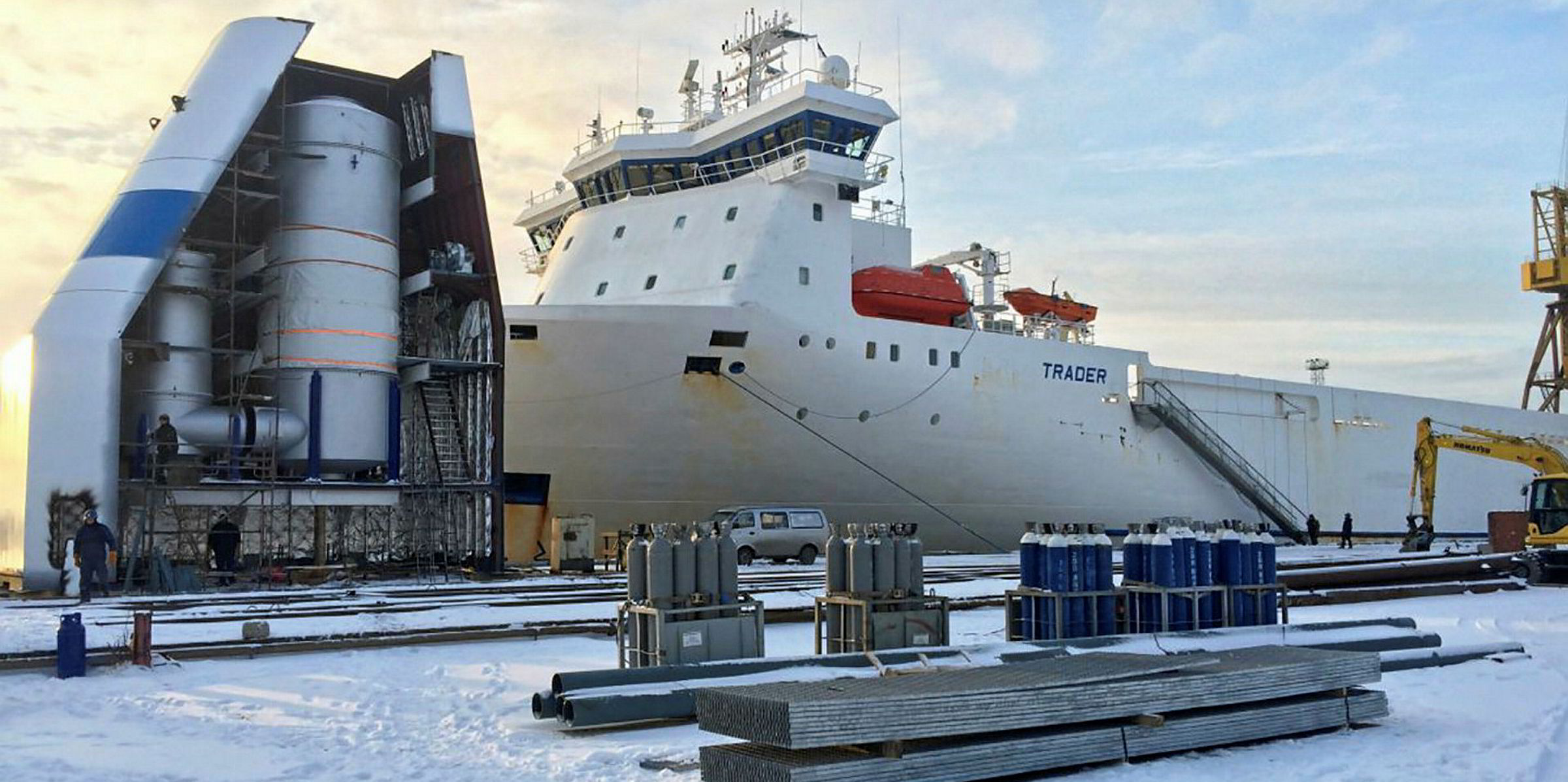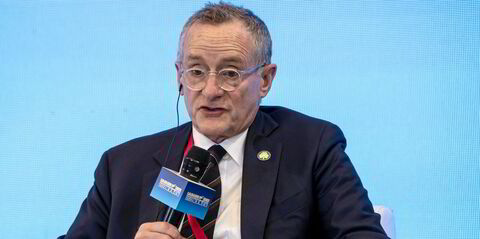Cosco Shipping Energy Transportation (CSET) has reported a jump in its greenhouse gas emissions amid fleet expansion despite lower energy intensity.
In its annual corporate social responsibility report, the Shanghai- and Hong Kong-listed company said its emissions increased to 3.37 million tonnes in 2018 from 2.81 million tonnes in 2017.
CO2 emissions increased to 3.22 million tonnes from 2.68 million tonnes in the timespan.
The hikes in emissions came as CSET took delivery of four VLCC, five panamax crude tankers and 10 LNG carriers in 2018.
While pushing up the aggregate emission volume, those vessels—generally of eco design—have brought down the average energy intensity of the CSET fleet.
For every tonne of cargo transported for 1,000 nautical mile, CSET’s greenhouse gas emission dropped to 6,344.1 grams from 7,218.1 grams.
By the same measurement, CO2 emissions decreased to 6,057.8 grams from 6,892.3 grams.
“With the advent of the clean energy technological and industrial revolution, clean energy enters a crucial period of significant development, change and adaptation,” according to the company, which is the tanker arm of state conglomerate China Cosco Shipping.
“As a major clean energy transporter in China, the company vigorously develops LNG and alternative energy (including methanol and ethane) transport businesses, expands the Polar Silk Road amid the rapid development of green energy in China, and supports the national strategic goals on green energy and the global pursuit of sustainable development.”
“The company constantly seeks to expand its LNG transport business and develops potential projects in a well-targeted approach.”
Since the IMO set emission targets for international shipping in 2018, industry officials have been focusing more on emission levels on a company basis.
In June, a group of 11 ship financiers announced they would take climate impact into consideration when determining their lending criteria.
AP Moller-Maersk, one of the few companies with a fleet size comparable to Cosco’s, has aimed to achieved net zero emissions by 2050. Cosco firms have not set such targets.
In a recent CDP research, CSET was ranked as the least ready among the world’s top 18 listed shipping firms for a low-emission future due to its governance framework, the operational and technical efficiency of its fleet, and the potential phase-out of fossil fuel.






